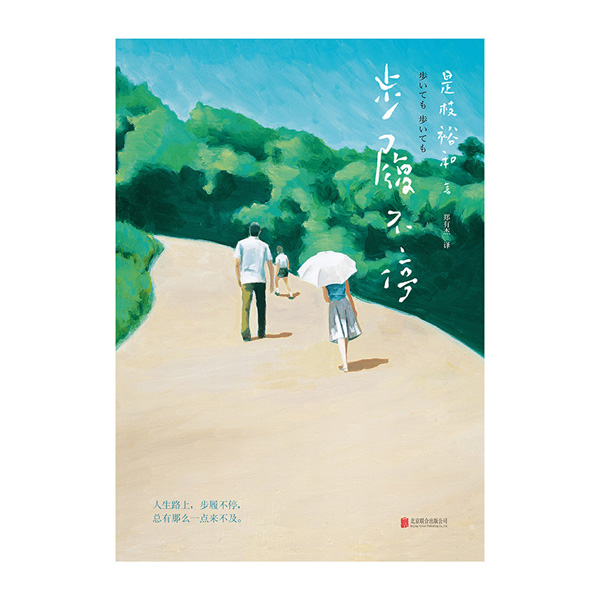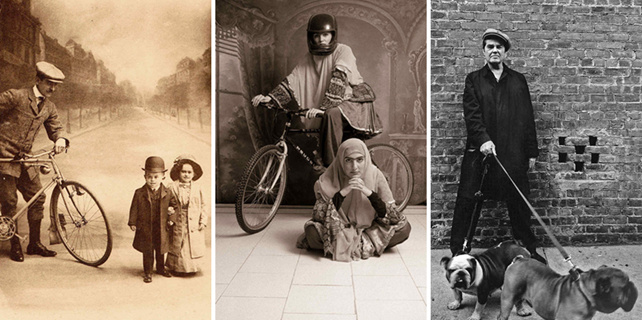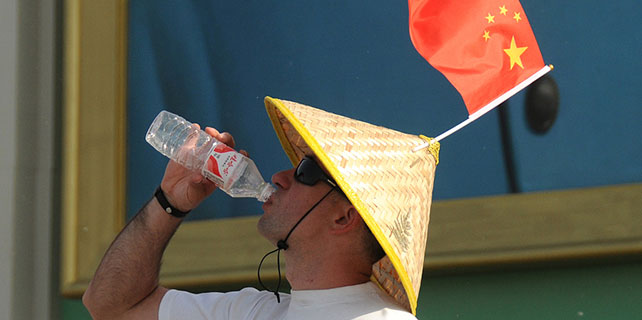Meaning for ordinary lives
 |
|
Hirokazu Koreeda's novel, Still Walking, is based on the script of the movie of the same title. Provided To China Daily |
Hirokazu, accompanied by assistants and a translator, walked in.
A reader, recognizing him, asked for his autograph, but was politely rebuffed.
Hirokazu then stopped at a shelf and picked up three books that grabbed his attention, including one by Japanese writer Murakami Haruki and another about film director Hou Hsiao-hsien.
He took a look at the books and put them down.
Later, he tells fans: "I prefer walking to running. I like the feeling of walking, and also the change of views while walking, which is why I gave the film the title Still Walking."
So far, Hirokazu has published three books, including Still Walking.
He originally wanted to become a novelist and studied at the Faculty of Letters, Arts and Sciences at Waseda University.
In his 20s, he worked at a TV station and wrote novels in his free time.
When one of his works won a 200,000 yen ($1,773) award, he wanted to quit his job to become a professional writer, but his mother dissuaded him.
Later, when he made After the Storm, he featured this experience in the film - an unsuccessful writer, who won a literary award when he was young.
"I am happy to write books, but writing is very difficult. After trying both writing and filming, maybe making films is what I am supposed to do," he says.
But he says the best way for him is to write a novel when he is filming the story.
"By doing that you get the advantage of different forms of expression," he says.
For instance, when he filmed the male role of Ryota in Still Walking, there were many things that the actor could not portray.
"So I tried to present them using the lens, but not always from Ryota's perspective. Sometimes, I did this from the perspective of the family's house and sometimes through the eyes of the late son," he says.
"In the novels, I express my feelings directly. But in the movies, I depict feelings indirectly. When describing pain or sadness, I want to jump out of the pain and sadness to create something that can make people laugh," he says.
Chinese critic Zhi An says Hirokazu cares about ordinary people's lives in his novels and films.
"Although such lives may not necessarily be beautiful and may be full of contradictions, hustle and bustle, and many cruel things, these are real lives."
















